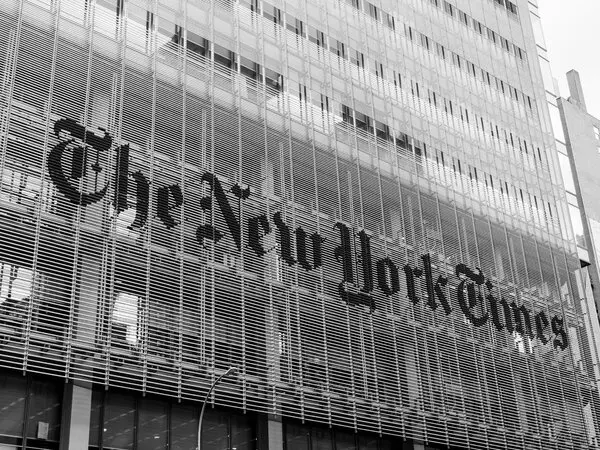The New York Times, a prominent US news organization, has filed a lawsuit against OpenAI, the creator of ChatGPT, and Microsoft, alleging copyright infringement. The lawsuit claims that “billions of dollars” in damages are due, accusing both firms of utilizing the newspaper’s content to train ChatGPT without permission.
According to the lawsuit, “millions” of articles from the New York Times were used to enhance ChatGPT’s capabilities. The suit argues that ChatGPT now rivals the newspaper as a credible information source, sometimes generating responses with “verbatim excerpts” from the publication’s articles, typically behind a paywall. The New York Times asserts that this results in lost subscription revenue and reduced website traffic.
The lawsuit also highlights instances where Microsoft’s Bing search engine, integrated with ChatGPT features, displayed results sourced from New York Times-owned content without appropriate links or referral traffic.
Microsoft, which has invested over $10 billion in OpenAI, was approached by the New York Times in April for an amicable resolution to the copyright issue, but to no avail, leading to the lawsuit being filed in a Manhattan federal court.
This legal challenge is one of several faced by OpenAI in 2023. Previous lawsuits include a copyright infringement case brought by authors like George RR Martin and John Grisham and a separate case by comedian Sarah Silverman. Authors Margaret Atwood and Philip Pullman have also called for AI companies to compensate creators for using their work.
OpenAI and Microsoft are also embroiled in a lawsuit with a group of computing experts who allege their code was used without permission in training an AI called Copilot.
Furthermore, generative AI developers face legal challenges from artists against text-to-image generators like Stability AI and Midjourney, who are accused of training their AI on copyrighted artwork.
None of these lawsuits have been resolved.



